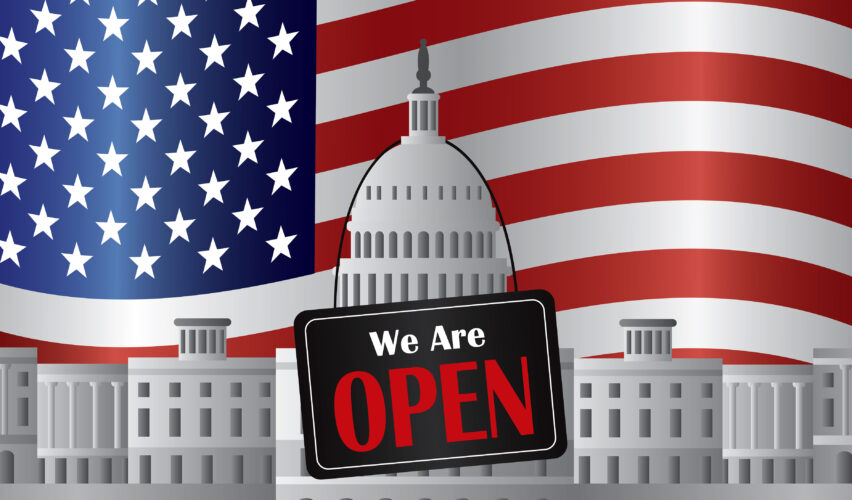President Joe Biden ratified a bill this Saturday that ensures government operations continue for another 45 days, pulling the nation back from the brink of a shutdown with barely an hour left.
While appreciating the bipartisanship demonstrated in both the House and Senate in passing the bill, Biden voiced his concern about the delay caused primarily by House Republicans’ unwillingness to cooperate with the Democrats until the eleventh hour.
“While today marks a victory in preventing a debilitating shutdown, it’s crucial to understand that such situations shouldn’t arise in the first place,” Biden remarked.
Joe Biden
Earlier in the day, the Senate gave a nod to the funding proposal with a striking majority of 88-9, with all nine opposing votes coming from Republican senators.
Senate Democratic leader, Chuck Schumer, expressed relief post-vote, praising bipartisan efforts and emphasizing the message it sent to the House.
Subsequently, the House passed the proposal with a sweeping 335-91 vote. Of these, 209 Democrats and 126 Republicans backed the bill, while 90 House Republicans resisted.
The funding extension, proposed by House Republican speaker Kevin McCarthy earlier that day, ensures governmental financing until November 17, along with a $16 billion provision for disaster relief. Notably absent was any financial aid for Ukraine, an exclusion that sparked ire among certain conservative factions.
However, Biden hinted at an upcoming bill, spearheaded by McCarthy, to address financial assistance for Ukraine. “U.S. support for Ukraine cannot waver,” Biden stated, expressing confidence in the speaker’s commitment.
Even though the bill drew criticism from Democrats over its exclusion of Ukraine aid, they still joined forces to ensure its passage. McCarthy admitted facing opposition from a significant portion of his party but felt compelled to proceed to avoid potential repercussions.
McCarthy said, “When confronted with an ultimatum of shutting down the government or supporting our troops, I’ll always choose the latter.”
Initially, the Senate had scheduled a vote on an alternate funding extension that would include Ukrainian aid and disaster relief. But they switched gears to support McCarthy’s version after its House approval.
Just a day prior, McCarthy’s initial proposal to extend the government’s funding for a month, accompanied by substantial federal agency spending cuts, faced rejection. Threats of removal loomed over the speaker from staunch conservative members if he collaborated with Democrats to maintain governmental operations. Yet, McCarthy remained unfazed, emphasizing his commitment to national interests.
The possibility of a shutdown had ignited fears at the White House, with potential impacts ranging from unpaid government employees, jeopardized essential programs, and stalled disaster relief initiatives.










